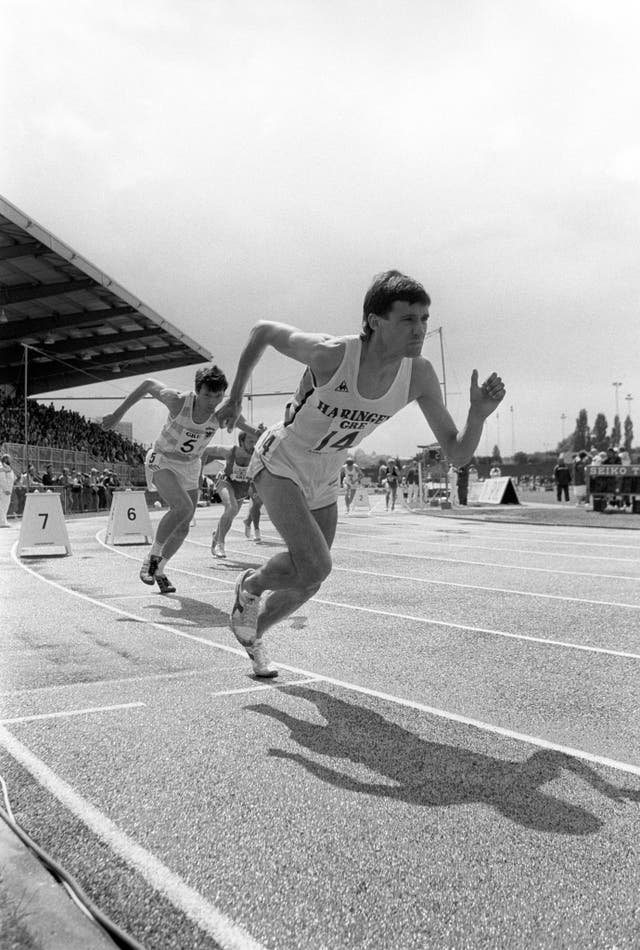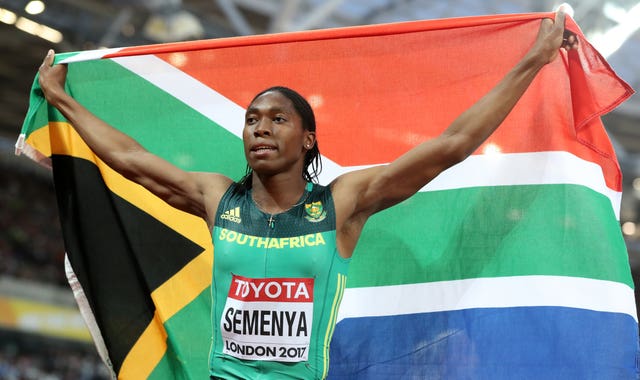World Athletics president Lord Coe says he welcomes athletes having a voice in the sport – after admitting he was one of the most outspoken competitors of his generation.
American triple jumper Christian Taylor has founded the Athletics Association, designed to give track and field stars an independent platform.
The 29-year-old set the group up following World Athletics' decision to cut his event, plus the discus, 200 metres and 3,000m steeplechase, from the Diamond League final in Zurich from next year.
He is determined to work closely with the governing body and Coe, in an exclusive interview with the PA news agency, says he was quick to make contact with Taylor.
"Within 20 minutes of Christian Taylor talking about this I was on the phone to him," Coe said.
"I said, 'Christian, I absolutely encourage you to do this and, if you need any help in setting this up, anything that allows us another bridgehead to communicate with the athletes is really welcome'.
"I will always encourage athletes to have a voice because I was probably one of the more outspoken ones.
"I fought a (Conservative) government I went on to serve in about the boycott in 1980 – I was right then and historically we've been proven to be right.

"I was the first athlete to address an Olympic Congress in Baden Baden in the old West Germany back in 1981. I spoke for four minutes, and for two minutes and 41 seconds of that I spoke about the iniquities, damage and insidious danger of not controlling drugs in sport.
"I encourage athletes (to speak out) because it actually makes us a better federation if we have athletes having a central focus and actually being able to speak their mind.
"One of the centrepieces of my reforms was that we now have two athletes on the (World Athletics) council. Not just sitting there making observations – they have full voting rights."
Coe defended the stance his organisation has taken on transgender athletes and athletes with differences in sex development (DSD).
South African 800m Olympic champion Caster Semenya unsuccessfully challenged the governing body's regulations – which stipulate a maximum level of testosterone for athletes competing in women's events between 400m and a mile.

Coe said: "I do think the rules strike the right balance and, to use the Court of Arbitration for Sport's words, they are necessary and proportionate.
"But also there is an element of societal discussion here, of course there is.
"The principle and philosophy behind what we have attempted to do was not to stop those athletes with DSD competing, it was to find a navigable path through, rather like the Authorised Neutral Athlete status (for Russian athletes who can prove a clean doping history).
"My instinct is always to try and keep athletes in competition and asking those athletes with DSD to reduce their testosterone level so that we can at least try where possible to create a more level playing field, and in those events that we've identified as being the most impacted by DSD, was I felt the right decision and the right course of action to take for the sport.
"It was never about an individual, it was never about a country, it was never about a continent. It was about where possible we were giving an opportunity for those athletes with DSD to still maintain an international presence in the sport."






